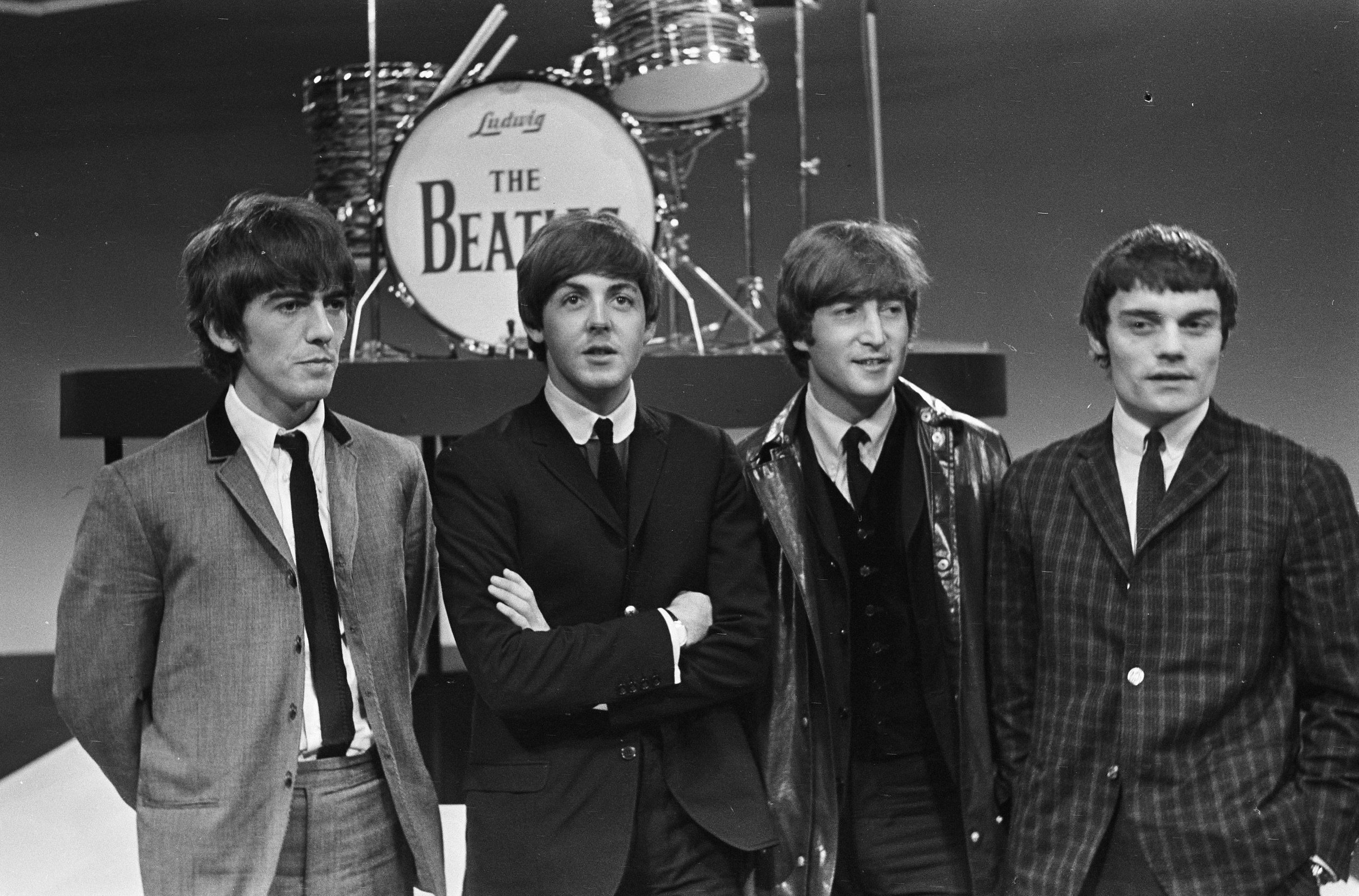The End of The Beatles?
I recently had the opportunity to attend a Paul McCartney concert on his "Got Back" tour. The 2022 concert is the second live performance I have seen.
This concert was a lot different than the 2012 performance. Sir Paul's past performances often ignored the mention of any Beatles lore. He also failed to recognize John Lennon and George Harrison as writers of the songs he performed during those shows. This time, however, there seems to be a greater acknowledgment of the Beatles' work and influence on Paul's career. There was a lot of reference to Liverpool, the early days of the Beatles before Ringo, and the band's time recording at Abbey Road Studios.
Given the history between Paul and John, it would be safe to say that an irrevocable divide grew between the two musicians at the end of the Beatles. Paul's decisions throughout the years after John's death regarding the Beatles catalog and remasters have left a bitter taste in fans' mouths as to what the Beatles' legacy should've been: art that existed at the time. However, I witnessed at the 2022 concert a man who I believe had a change of heart. Paul McCartney sang a song dedicated to John Lennon, to which the lyrics were "I love you." I initially thought that Paul McCartney was using John Lennon's death to evoke audience emotion or add dramatics to the show. However, what he sang was genuine and heartfelt.
In the monologue before the song, Paul mentions that you should always tell people what you feel at the moment. I believe this was Paul's way of repenting for almost four decades of arguing with the ghost of John Lennon. The stadium felt it. From a technical music theory standpoint, the song was not impressive. It was immature and almost felt like a draft. The lyrical and harmonic progression did not quite match up. Although, I will say that is par for the course of Paul's writing. However, Paul's voice sang with genuine sadness and repentance.
While it was nostalgic and comforting to see Paul McCartney live in concert after so many years, there was a sad finality. This concert felt like an aging musician was headlining a house band. There were no notable names except the drummer, a Berkeley grad. Paul's voice lacked the energy and bravado of his younger days. Granted, he's 80 years old; his energy level on stage, however, was that of a man 15 years younger. Musicianship-wise, he played multiple instruments and showed no signs of slowing down from a technical fingering standpoint. However, the iconic voice was wispy and struggled to keep up with the musical range that a lot of the melody required.
There was a palpable air in the stadium that the audience was watching a living Beatles for the last time. As I am not saying that Paul is near the end of his life, based on the performance tonight, I am unsure how much live music will be part of Paul's future. However, live concerts were never the Beatles' forte; performing live was necessary to sell more albums. The Beatles were always a studio band, needing refinement and polishing as any good novel would. But it's becoming extremely apparent that time is not being kind the live musician. Or I should say Paul, the live lead singer.
Paul should reunite with Ringo: the two remaining live Beatles playing together on one stage. The backup band should be high-caliber musicians, however. I question Paul's ability to lead the band, though, and the reunion might need some star power. The musicians would have to be able to blend and not stand out. Justin Timberlake would be an option because of his musicality, but he might have too unique of a voice. John legend or Harry Connick Junior would be suitable choices to play the parts of George Harrison or John Lennon. But a Paul and Ringo reunion is running out of time.
Dr. Mike Testa

